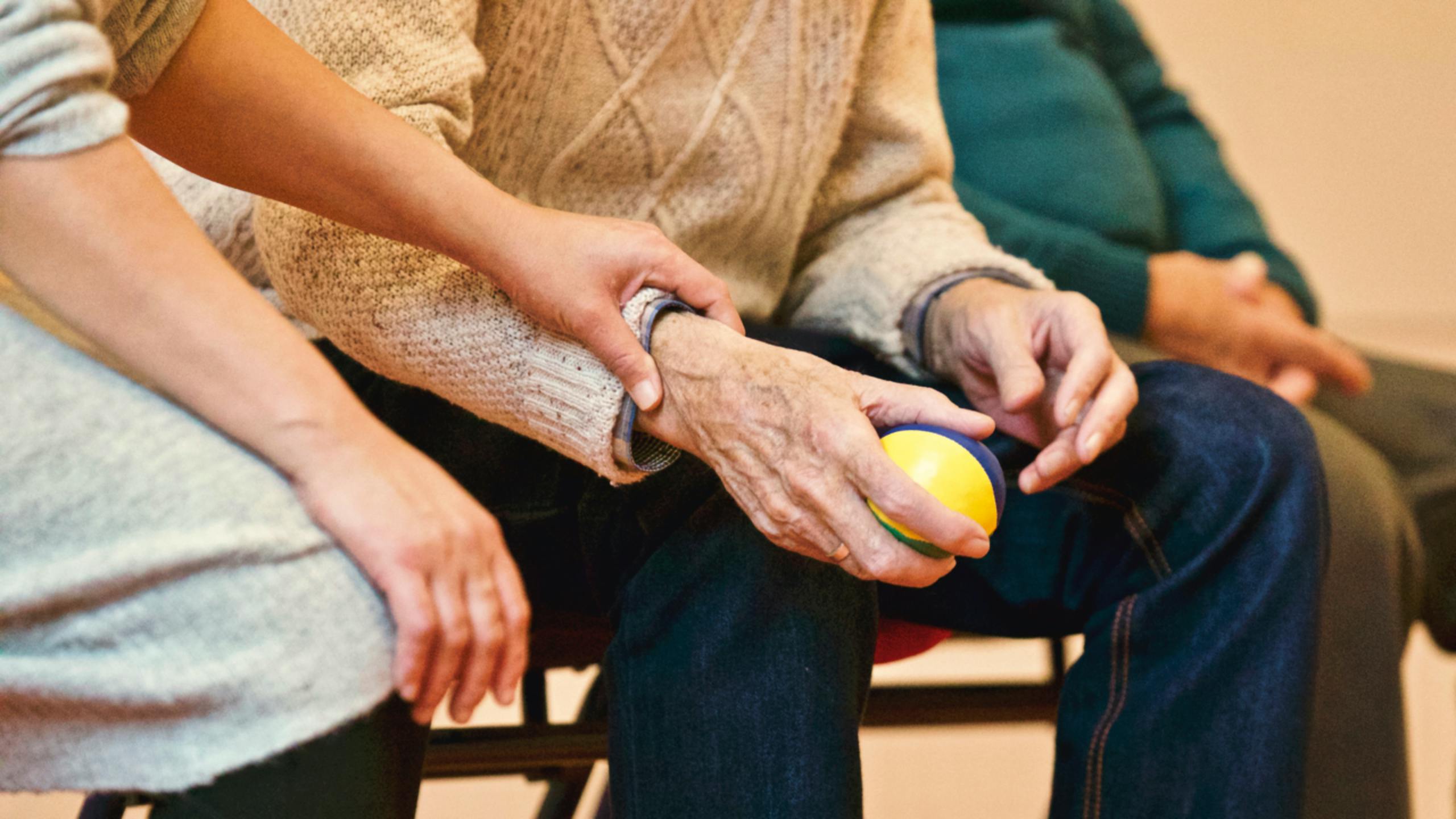Introduction
Hidden beneath the heroic efforts of carers lies a quiet burden, an invisible load of emotional, physical, and mental strain. For those devoted to supporting loved ones with disabilities or neurodiverse conditions, self-care can feel like a distant luxury, overshadowed by the relentless demands of caregiving.
Yet, nurturing your own wellbeing is essential, not just for you, but for those you care for. Understanding this delicate balance brings hope, compassion, and new strength. This guide invites parents, adults, and caregivers to recognize the invisible load they carry and discover practical, gentle ways to care for themselves alongside their loved ones.
Understanding the Carer's Experience
The Invisible Weight of Caregiving
Caring is more than tasks; it’s an emotional investment that can leave carers feeling exhausted and unseen.
When Maria became the primary carer for her son with cerebral palsy, her days blurred between appointments, therapies, and managing emotions. She recalls, “It felt like I was running a marathon with no finish line, invisible to the world and even, at times, to myself.”
Carers often face stigma or misunderstanding, as their stress and sacrifices are invisible to outsiders. It’s vital to recognize that caregiving impacts mental health, physical resilience, and relationships in complex ways.
Emotional + Social Impact
Being a carer can lead to burnout, anxiety, and isolation, impacting not just your health but your family’s harmony. Many carers feel guilt in prioritizing themselves, fearing it means letting others down. However, self-care is the foundation of sustainable care.
Top 5 Ways Carers Can Support Themselves:
- Set realistic boundaries to protect your energy
- Seek out peer support groups and professional counselingEngage in regular physical activity and mindful relaxation
- Use tools like the My Special Needs app to organize tasks and reminders, easing cognitive load
- Communicate openly with family and friends about your needs and limits
Practical Guidance: Caring for the Carer
Supporting yourself requires intentional strategies with flexibility and kindness.
- Create Micro-Moments of Calm: Even brief mindfulness exercises, deep breaths, or moments outside in nature reset emotional balance.
- Prioritize Sleep: Develop bedtime routines and optimize the environment for rest to rebuild mental and physical strength.
- Nutrition and Hydration: Balanced meals and regular water intake fuel resilience.
- Respite and Delegation: Don’t hesitate to ask for help, even in small ways, to recharge and maintain your wellbeing.
- Embrace Digital Aids: The My Special Needs app not only supports care planning but includes features to track your own wellbeing and schedule self-care.
Connection & Community
Caregiving is a profoundly human experience made lighter by sharing it with others. Family, friends, support groups, and professionals create networks of empathy, advice, and rejuvenation.
Engaging with these communities helps carers move from isolation to belonging, a vital balm to the invisible load.
Conclusion
The invisible load of caregiving is real, but so is the power of self-care. When carers prioritize themselves with compassion and intention, they ignite a ripple of wellbeing that sustains every relationship and task they hold dear. Caring for yourself is not selfish, it is sacred. Embrace this truth and step gently into your own care journey, because your wellbeing is the heart of care itself.
Take the first small step today: Download the My Special Needs app and unlock tailored self-care reminders, community support, and tools designed for carers like you. Your strength fuels love, but your care fuels you. Because self-care is care, too.


